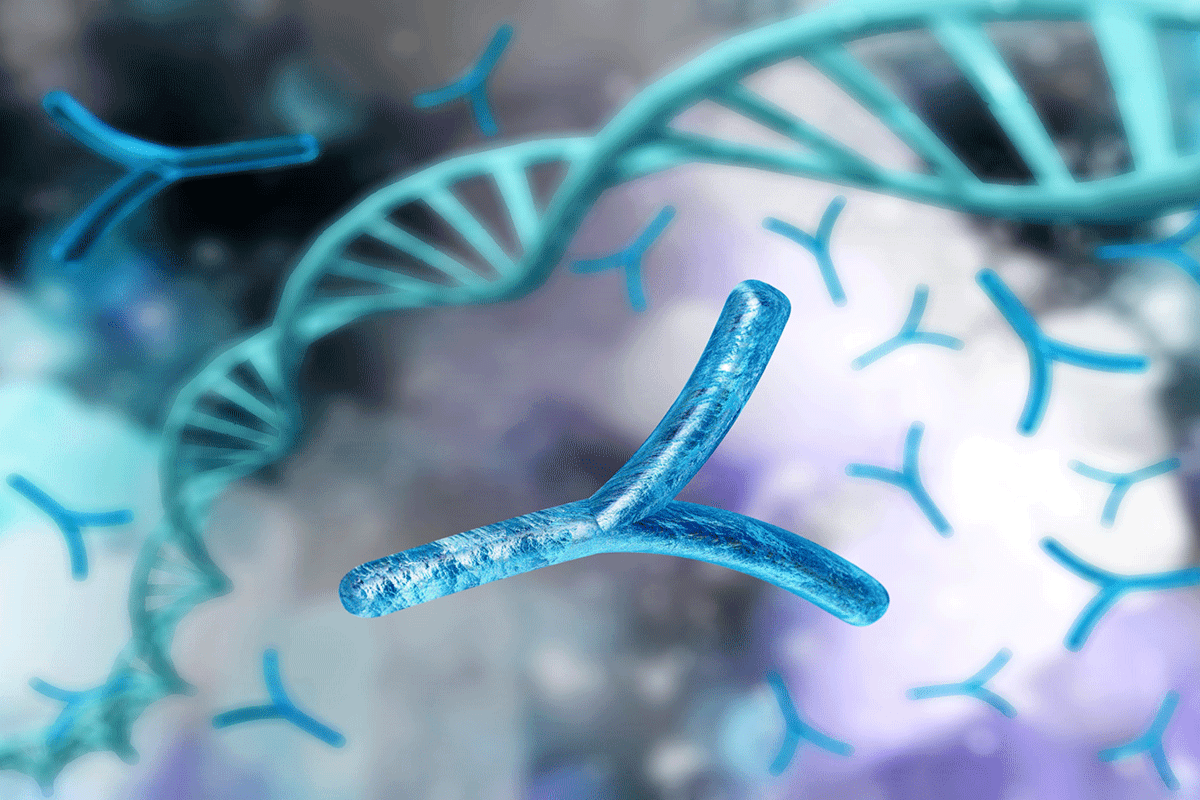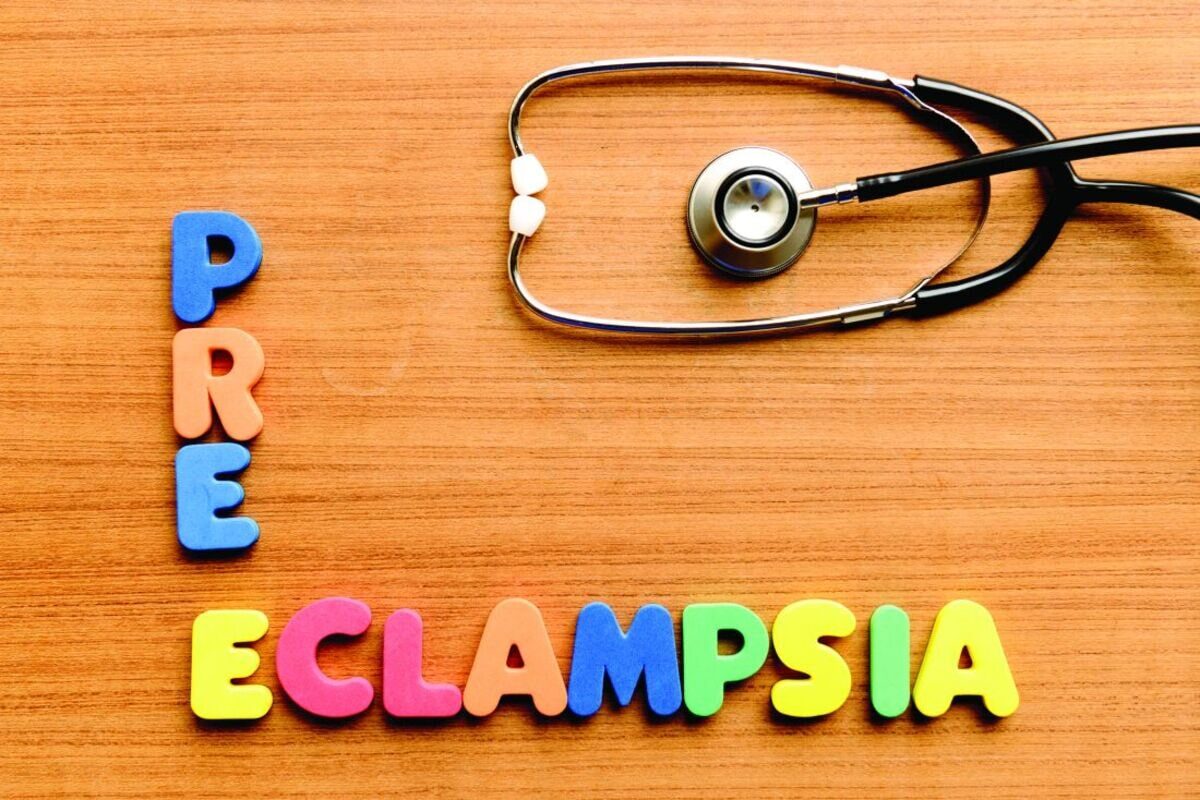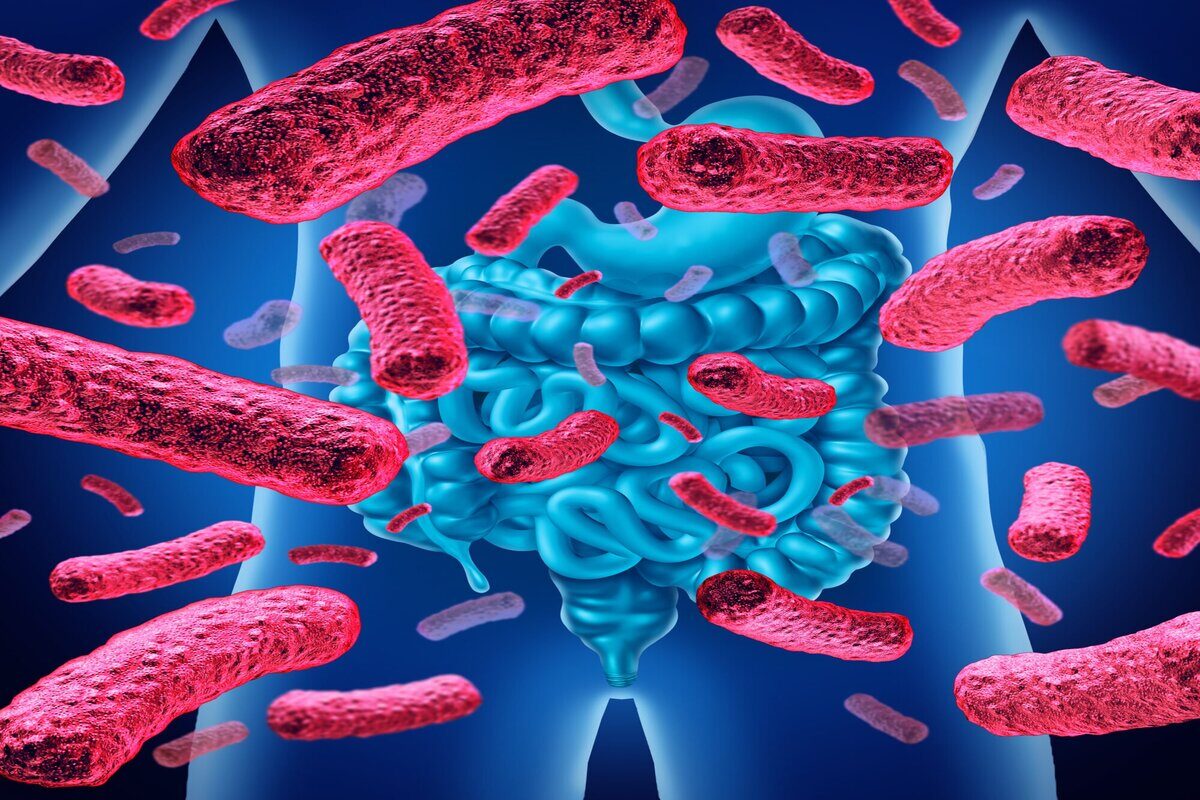The causes of type 2 diabetes are a combination of heredity and environment. Lund University in Sweden has exclusively analyzed the reason as to why type 2 diabetes is inherited to a greater extent from an individual’s mother. In the new study, the researchers used data from previous investigations and DNA gathered from 2000 families in which one parent and a child suffer from type 2 diabetes.
The results unveiled that the variations in two previously identified risk genes for type 2 diabetes, KCNQ1 and THADA, cause an increased risk of acquiring the disease in the child if they are inherited from the mother whereas inheritance from the father had less or no effect. The fact that the genes inherited from the mother affect the risk of disease probably depended on the genes from the father being silenced in a process known as imprinting.
Thus the lifestyle of the mother, with factors such as stress, diet, illness etc., probably affects the future risk of disease in the foetus. Prof. Leif Groop, the Lund University, responsible for this new study conveyed that exposure of foetus for a longer time in utero and breast-feeding could explain why heredity from the mother has a greater effect on the child’s genome.





